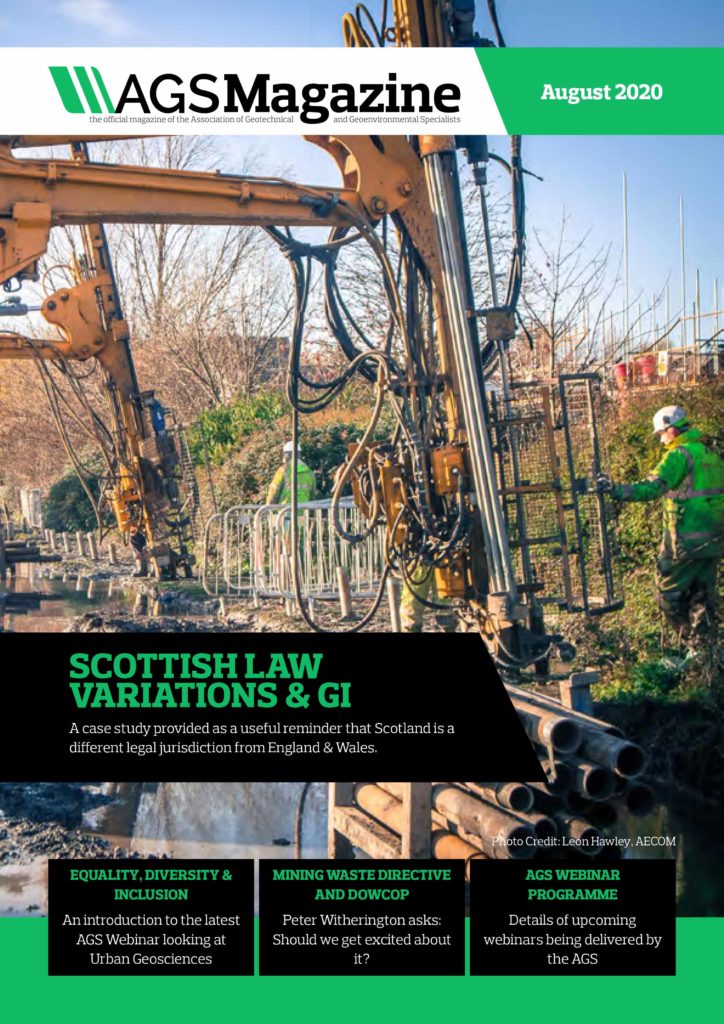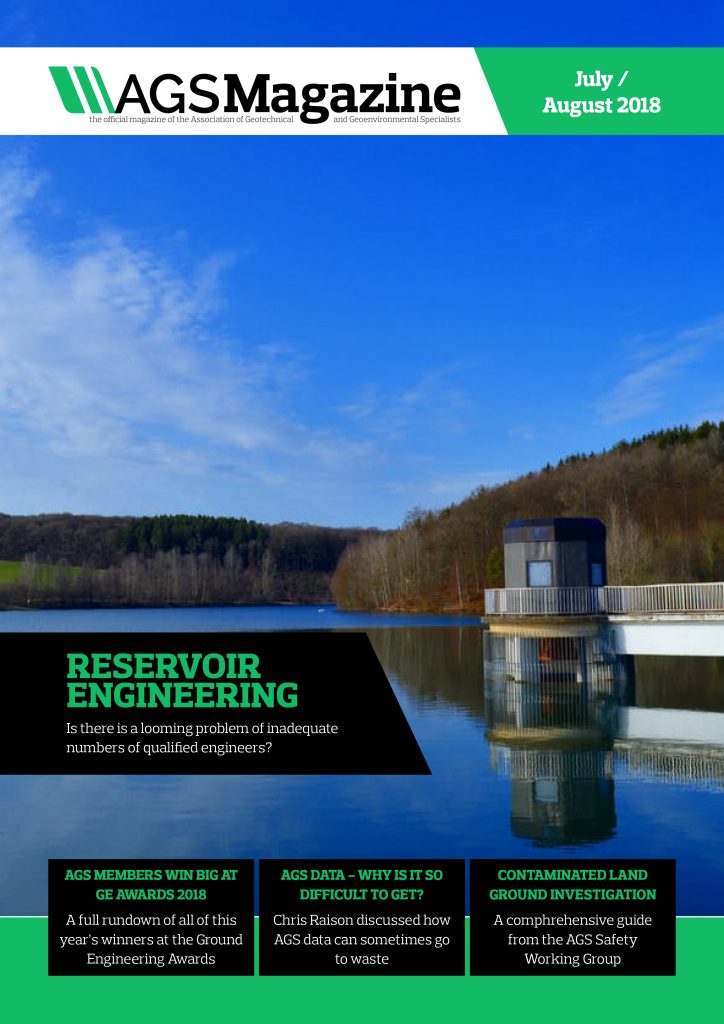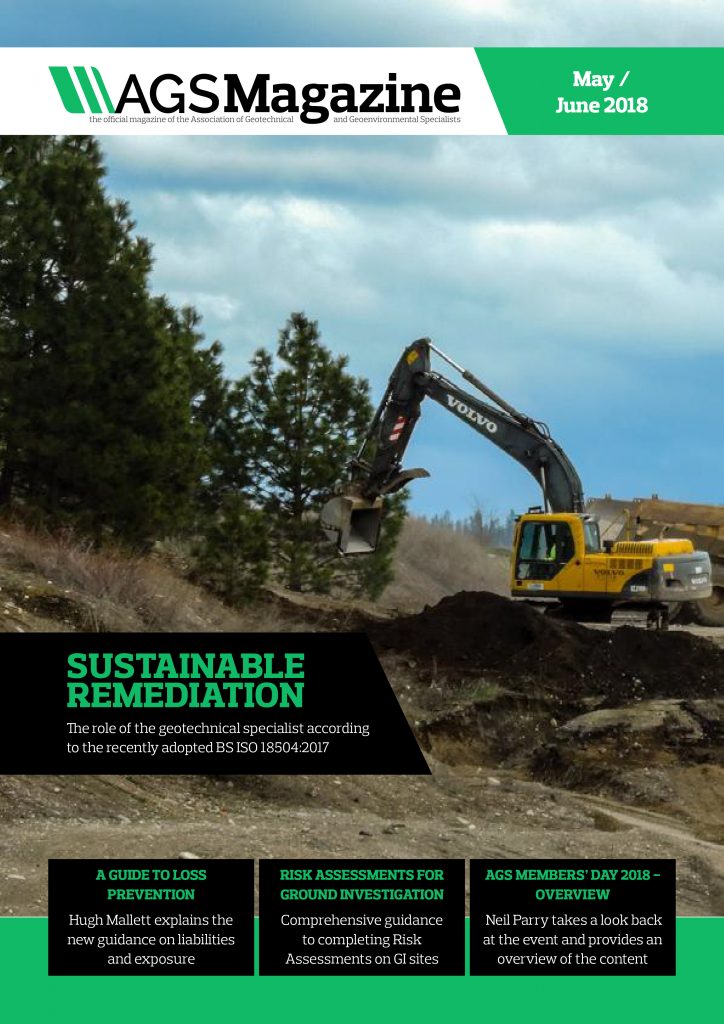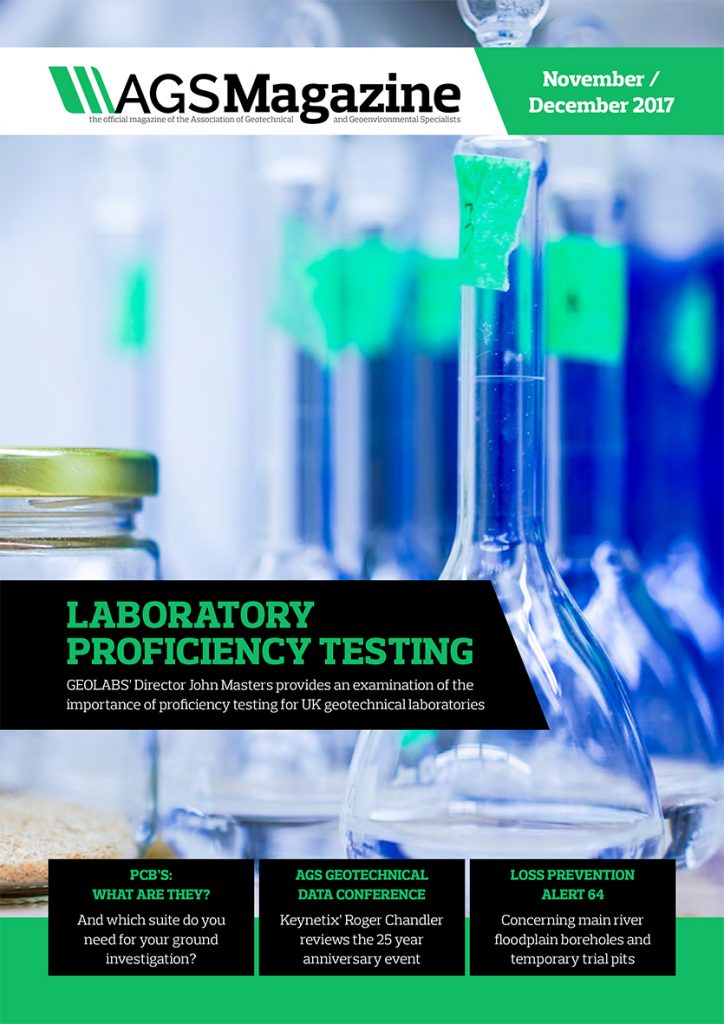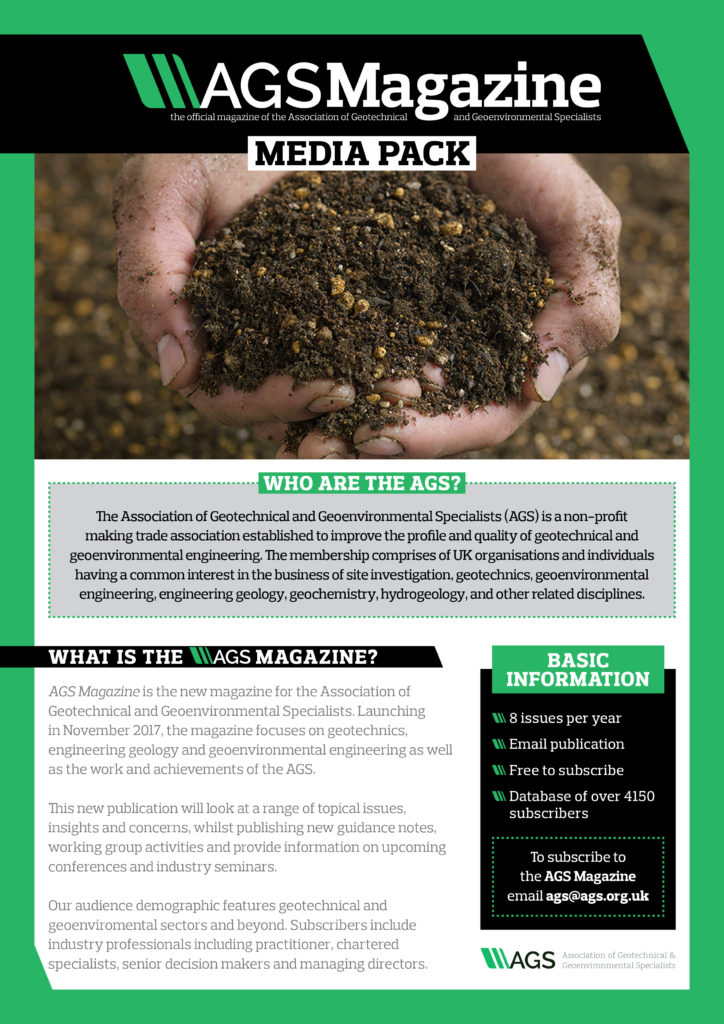by John Masters, Director of Geolabs
The use of Proficiency testing and Interlaboratory comparison schemes is an invaluable tool for laboratories to assure the quality of their test and calibration results. Often seen as simply a necessity to satisfy an accrediting body, the benefits of participation in proficiency testing and interlaboratory comparison schemes are greatly underrated.
The ILAC publication ‘Benefits for Laboratories participating in Proficiency Testing Programs’ highlights that ‘the basic purpose of proficiency testing is to assess performance of laboratories for their conduct of specific test, measurements or calibrations. Many laboratories operate in isolation from other laboratories and do not have ongoing opportunities to compare their data with others. Without such opportunities there are risks that a laboratory’s data may have errors, biases or significant differences compared to similar laboratories.
Proficiency testing provides an opportunity to undertake such comparisons and to have an independent appraisal of the laboratory’s data compared to reference values (or other performance criteria) or to the performance of similar laboratories. The results from such participation provide laboratory managers with either a confirmation that the laboratory’s performance is satisfactory or an alert that investigation of potential problems within the laboratory is required’.
As defined, Proficiency Testing (PT) is generally run by an independent third party and allows laboratories to objectively monitor the reliability of their test results by the use of standardised test materials, whereas Interlaboratory comparisons (ILC’s), when performed in accordance with ISO/IEC 17043:2010, require the measurement or test of test items in predetermined conditions by two or more laboratories.
All laboratories accredited to ISO/IEC 17025(E) : 2005 are required to have procedures in place to monitor the validity of test results (and calibrations) undertaken.
Clause 5.9.1 of ISO/IEC 17025(E) : 2005 states that:
‘The laboratory shall have quality control procedures for monitoring the validity of tests and calibrations undertaken…. This monitoring shall be planned and reviewed and may include, but shall not be limited to;
a) Use of certified reference materials
b) Participation on interlaboratory comparison or proficiency testing programmes
c) Replicate testing
d) Retesting of retained items…’
Whilst ISO/IEC 17025(E) does not stipulate a mandatory requirement for accredited laboratories to participate in proficiency testing, it recommends that laboratories participate in quality assurance schemes such as interlaboratory comparison or proficiency testing.
However, Accrediting Bodies (UKAS for the United Kingdom) ARE required to ensure that ‘its accredited laboratories participate in proficiency testing or other comparison programs, where available and appropriate, and that corrective actions are carried out when necessary’(clause 7.15.3 of ISO/IEC 17011:2004).
The UKAS policy on proficiency testing is specified within UKAS Technical Publication TPS47 – UKAS Policy on Participation in Proficiency Testing, which states that:
‘4.1 all accredited laboratories shall participate in PT/ILCs where such schemes are available and relevant to their scope of accreditation’.
In August 2013, AGS produced a Position Paper (http://www.ags.org.uk/item/laboratory-proficiency-testing/), in which the AGS highlighted the necessity for proficiency testing to promote best practice and improve professional standards in the geotechnical & geo-environmental laboratory community.
Geolabs Limited has been running a Proficiency and Interlaboratory Comparison Testing Scheme (PICTS) since 2005. The Scheme is run every other year although there have been some years where ‘mini-schemes’ have also been run to accommodate certain specific tests and requirements.
The 2017 Scheme was limited to UK laboratories only, initially for 16 BS1377 geotechnical and chemical tests. A further 8 tests were requested for inclusion, but only 4 attracted sufficient interest to be included. Therefore 20 tests were included in the 2017 scheme.
51 laboratories fully participated in the 2017 Scheme. Each participating laboratory was provided with a unique Participant ID, known only to them to maintain confidentiality at all times.
Four types of standardised material were used in the Scheme, from sandy silty clay to very sandy gravel, all prepared from documented procedures before being sent to participating laboratories.
When all participant test data is received, each participating laboratory is provided with a report with tabular and/or graphical reporting formats, and statistical analysis of each test with the Participant ID being their unique laboratory number.
The 2017 scheme report will be issued once data from all of the participants has been received, collated and analysed. It is envisaged that the report will be issued to all participants, UKAS and to Ground Engineering magazine by end November.
Participation in Proficiency Testing and Interlaboratory Comparison schemes is not just an accreditation requirement, it is essential for any laboratory looking to demonstrate technical competence and to provide confidence in the quality, reliability and integrity of the test data they produce.
This article was included in the November/December 2017 issue of the AGS magazine
Click here to view the full magazine
